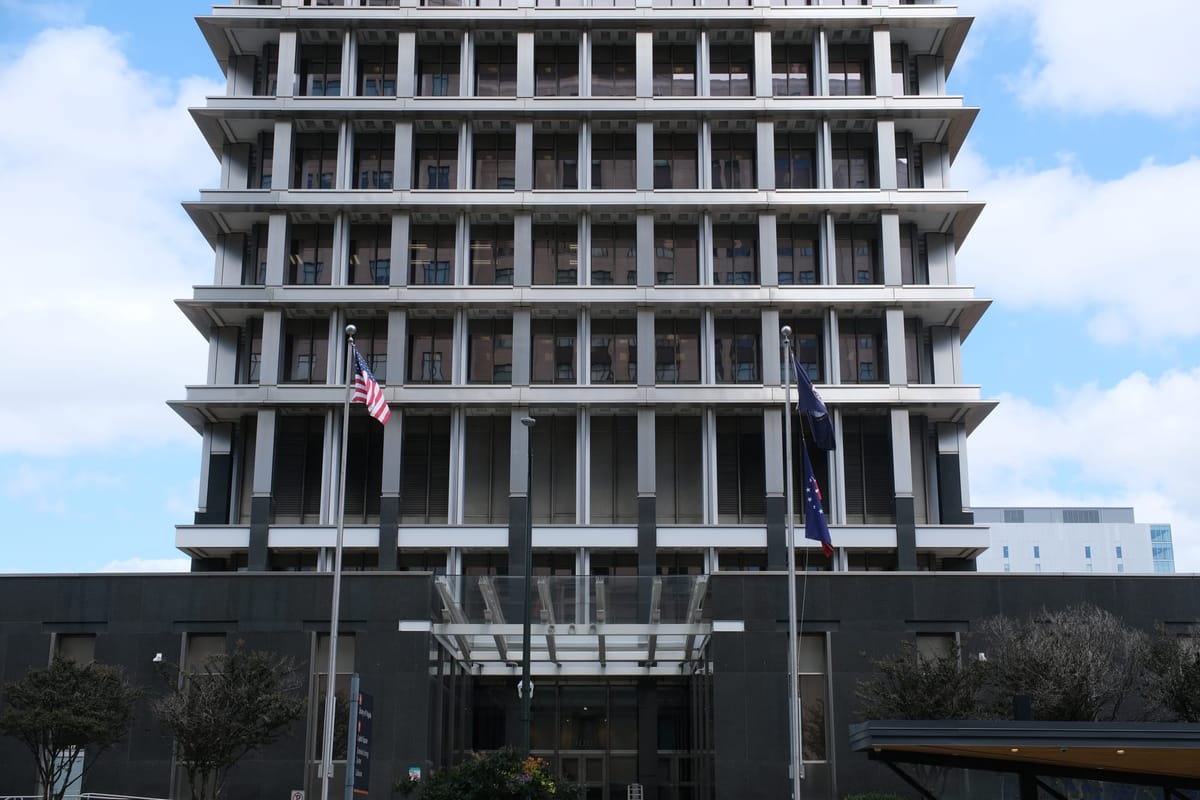
Richmond budget proposal makes several quiet changes to high-profile policies
After Richmond’s auditor found numerous problems with how the city gives money to local nonprofits, the budget Mayor Danny Avula introduced last month would repeal legal safeguards meant to prevent the misuse of public funds given to charitable groups.
The pending budget would also repeal a rule requiring the city attorney’s office to produce written legal opinions and make them available to anyone “affected by the opinion or having an interest in the opinion.”
Additionally, the proposed budget weakens rules requiring high-ranking City Hall officials to live in the city. The plan would lift the residency requirement for two officials — the directors of social services and information technology — while making it easier for others to get waivers letting them live outside Richmond.
The three policy changes were included in the 115-page budget ordinance the City Council has to pass by May, making them less likely to draw the attention they might receive if filed as standalone legislation.
The proposals went largely unmentioned last week as Avula and other City Hall officials presented the $1 billion operating budget to the council. They appear only in the more technical ordinance the council must approve to enact the new budget, not in the 600-page budget book outlining the city’s projected revenues and expenditures.
It’s not uncommon for officials to clean up outdated or contradictory code sections through the budget.
For example, Avula’s proposal also strikes an archaic rule requiring the budget to be presented at exactly 3 p.m. on March 27, an oddly specific time that caused scheduling difficulty this year.
But the other changes go beyond minor technical fixes, eliminating or weakening more significant statutory rules City Hall was apparently finding it difficult to follow.
The budget was created with input from both the new mayor’s team and officials who worked in City Hall before Avula took office, such as interim Chief Administrative Officer Sabrina Joy-Hogg and City Attorney Laura Drewry.
In response to an inquiry from The Richmonder, Avula said he was aware of the policy proposals, but wasn’t expecting them to show up in his budget.
“While I discussed many of these items with my team during the rush of our compressed budget season, I did not intend for those items to be included in the budget ordinance,” Avula said. “I've got some work to do to iron out our internal processes, and I remain committed to a collaborative, transparent process working together with City Council.”
Acknowledging council members might not appreciate finding surprises tucked away in a dense budget document, Avula said he would ensure the council receives full presentations on the policy changes.
After The Richmonder asked why issues largely unrelated to the budget had been written into the budget ordinance, Avula sent the City Council an apology on behalf of his administration, saying he too had just learned about it.
“If I put myself in your shoes, I would feel like this was the opposite of the trust building, collaborative approach I have pledged to take with you all, and I’m sorry for that,” Avula said in a text message to council members.
Non-departmental grants/outside agencies
In February, City Auditor Riad Ali issued a report that found the city had a lax and seemingly arbitrary process for awarding grant money to local nonprofits that provide services ranging from youth programs to housing assistance to arts and culture initiatives.
Ali found the city didn’t have proper protocols in place to ensure that public grant funding was being used correctly or efficiently.
In response to the audit, Joy-Hogg said the city could consider the funding for nonprofits to be gifts instead of grants. She also said the city doesn’t have the staff to do the type of rigorous grant oversight the auditor envisioned.
Instead of beefing up enforcement and oversight of grant contracts as the auditor suggested, the proposed budget repeals the entire code section that requires performance contracts when public funding is given to nonprofits.






